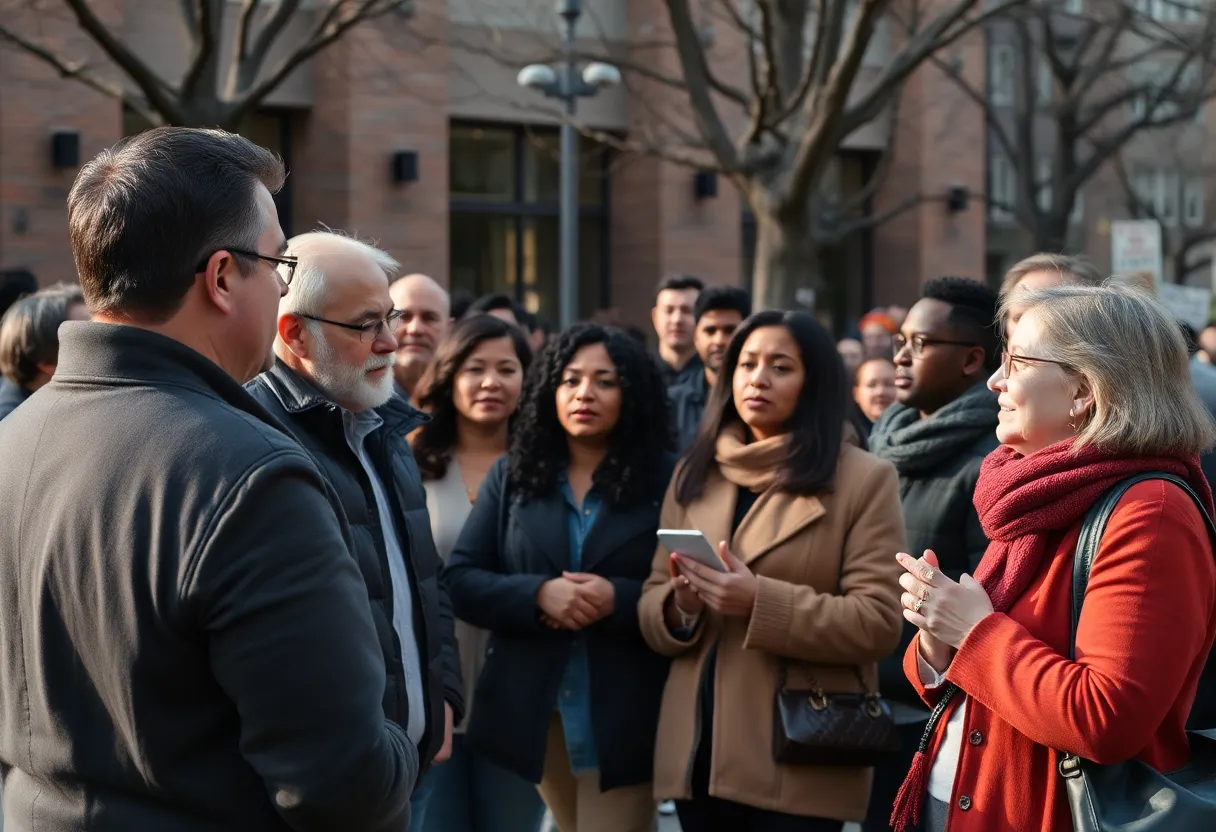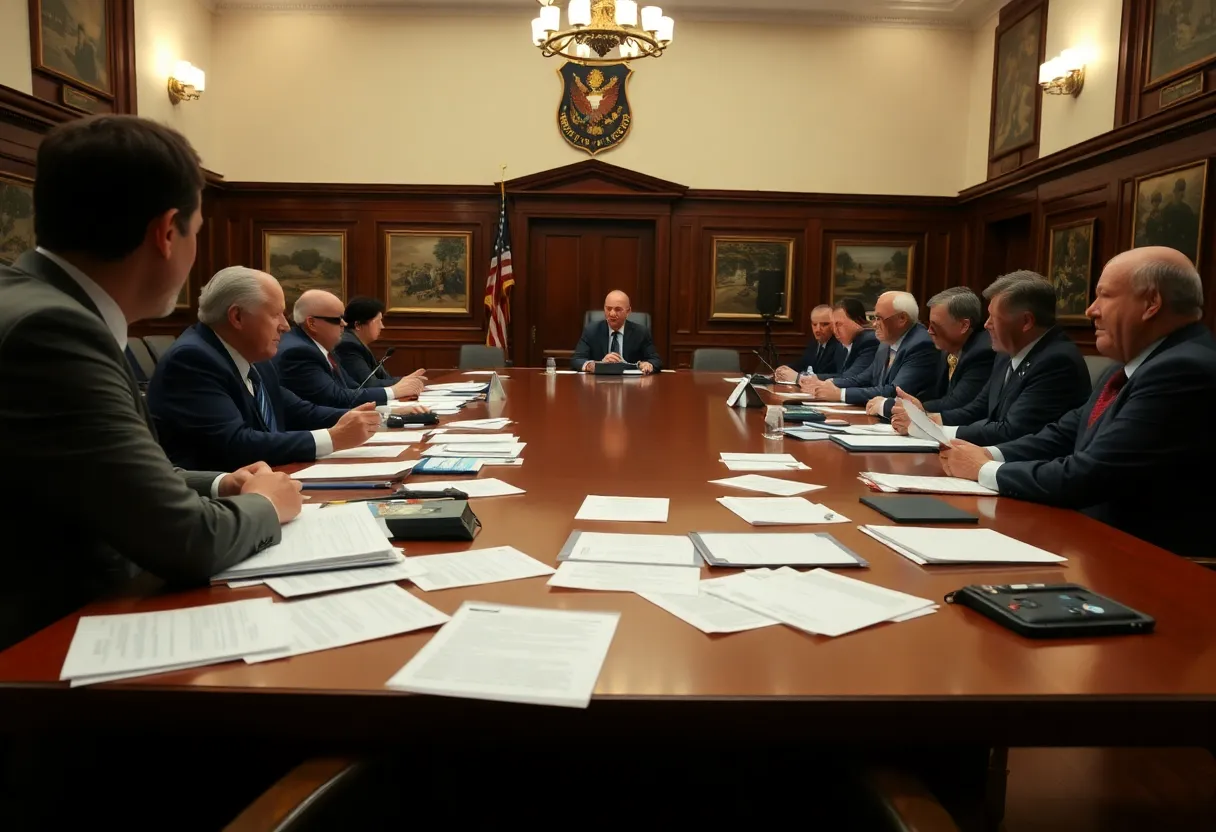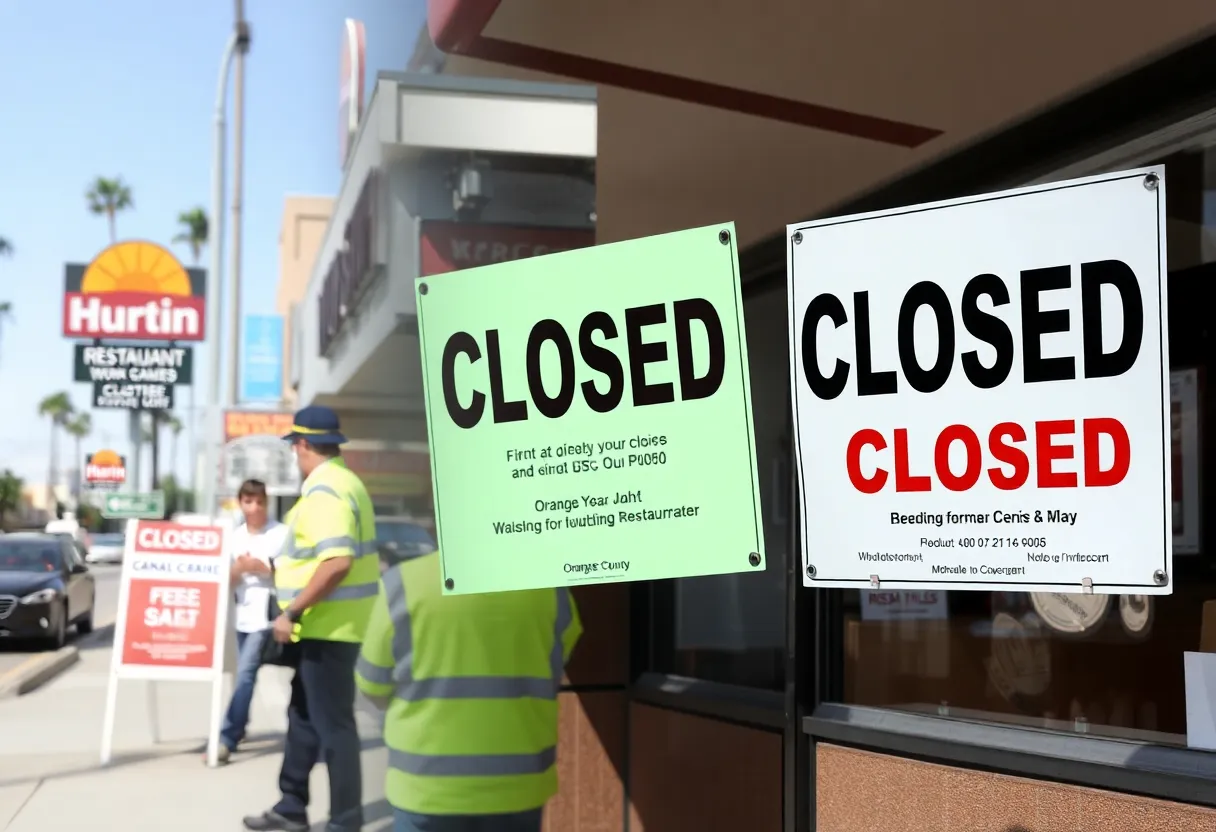News Summary
A recent executive order signed by President Donald Trump aims to cut funding for PBS and NPR, raising concerns about censorship and community impacts. Many educators fear the decision could jeopardize children’s access to crucial educational resources, while legal experts question the constitutionality of the order. As local stations brace for potential funding cuts, community members and advocates prepare for a vigorous debate regarding the future of public broadcasting in America.
City Rocked by New Executive Order Affecting Public Broadcasting
In a move that has everyone talking, an executive order recently signed by President Donald Trump is shaking things up in the public broadcasting world. This order, signed on May 1, 2025, aims to cut funding for Public Broadcasting Service (PBS) and National Public Radio (NPR), sending shockwaves through communities that rely on these essential services for news, education, and culture.
The Reasons Behind the Decision
The White House has stated that they believe the viewpoints promoted by public broadcasting institutions like PBS and NPR lack fairness and accuracy regarding current events. It’s a bold claim that has stirred some heated debates. According to PBS CEO Paula Kerger, around 15% of PBS’s total budget is funded by government sources through the Corporation for Public Broadcasting (CPB). The rest of their funding comes from viewers and donations, showcasing how public support plays a crucial role.
Community Concerns
This decision hasn’t gone over well with everyone. Many local community members and educators are expressing their worries, feeling that the defunding of PBS and NPR could lead to censorship. For instance, educators argue that both services provide vital resources that help kids learn and engage with the world around them, making the potential impact of losing funding even more alarming. With popular programs often seen as crucial for children’s education, the future of shows that entertain and inform young audiences is now in jeopardy.
A Clash of Opinions
Some voices in academia, like Erik Forsell who leads the Film and Television Department at Orange Coast College, have called the executive order problematic. They argue that these broadcasting services are crucial for promoting cultural understanding and distributing diverse information. Then there’s the student perspective where college students believe this decision hints at authoritarian tendencies, drawing connections between this order and larger, worrying trends in society.
Legal Battles on the Horizon
As the dust settles, legal experts are starting to weigh in too. There are arguments growing that this executive order might exceed the limits of presidential authority and could also infringe upon First Amendment rights. The order specifically instructs CPB to cut federal funding for NPR and PBS, effectively stopping grants that many local stations rely on for their national programming. This could potentially lead to dire consequences for local stations, which might suffer funding cuts by as much as 40-50%, a blow that many fear would decimate their ability to provide community-centered news.
Reactions from Lawmakers
On the political scene, reactions are mixed. Some Republican leaders applaud the decision, viewing it as a necessary countermeasure against what they believe to be a bias in government-funded media. On the flip side, Democratic representatives have sternly criticized the order, emphasizing the potential negative effects it will have on educational programming for children and the wider community.
The Historical Impact of Public Broadcasting
As the debate heats up, supporters of PBS and NPR continue to highlight their longstanding importance in American media culture. The looming threat of losing funding may mean losing valuable content that educates, informs, and brings communities together. Additionally, with over 160 local TV stations depending on CPB funding — especially those in rural areas — the impact on these communities could be catastrophic. Many rely on public broadcasts for critical news and emergency information, and the loss of such resources raises new worries about access to necessary services.
What’s Next?
The situation continues to evolve as both PBS and NPR are exploring all their options to fight what they describe as a blatant overreach. With legal challenges likely in the coming weeks, community members, educators, and media advocates are readying for a vigorous debate about the future of public broadcasting in the nation. This story isn’t just about funding; it’s about the flow of information and the essence of democracy itself.
Deeper Dive: News & Info About This Topic
HERE Resources
Additional Resources
- The Washington Post
- Forbes
- NBC News
- The Guardian
- AP News
- Google Search: Public Broadcasting Service
- Wikipedia: National Public Radio
- Encyclopedia Britannica: Public Broadcasting

Author: STAFF HERE HUNTINGTON BEACH
The Huntington Beach Staff Writer represents the experienced team at HEREHuntingtonBeach.com, your go-to source for actionable local news and information in Huntington Beach, Orange County, and beyond. Specializing in "news you can use," we cover essential topics like product reviews for personal and business needs, local business directories, politics, real estate trends, neighborhood insights, and state news affecting the area—with deep expertise drawn from years of dedicated reporting and strong community input, including local press releases and business updates. We deliver top reporting on high-value events such as the Huntington Beach Surf City USA Marathon, the U.S. Open of Surfing, Fourth of July celebrations at the Huntington Beach Pier, and community festivals at Huntington Beach Central Park. Our coverage extends to key organizations like the Huntington Beach Chamber of Commerce and Visit Huntington Beach, plus leading businesses in retail, hospitality, and outdoor recreation that drive the local economy. As part of the broader HERE network, including HEREAnaheim.com, HERECostaMesa.com, HERESantaAna.com, and HERELosAngeles.com, we provide comprehensive, credible insights into Southern California's dynamic landscape.





